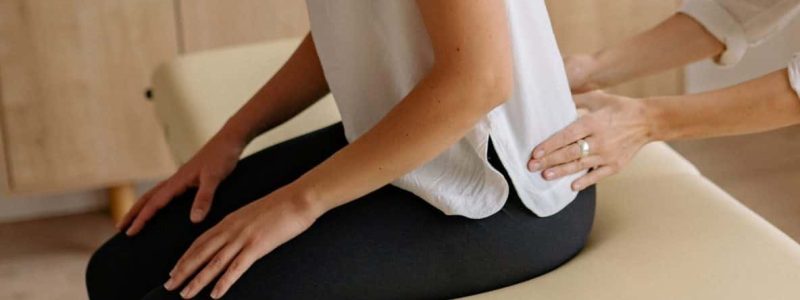A gluteal tendinopathy is an injury that occurs in the outer hip. It affects the gluteal tendon and the bursa which is a fluid filled sack under the tendon.
Tendons are the connective tissues that fix muscle to bone. Tendon health is very dependent on the load that is put through them. They can react badly if too much load is put through them in a short amount of time, such as starting a new running program, walking up a mountain or starting a new exercise regime. They can also react poorly if not enough load (i.e. sedentary behaviour) is put through them, causing gradual tendon deterioration. These changes in load cause the tendon to become inflamed and may even cause micro-tears in the tendon tissue if the problem goes on long enough without the appropriate intervention. Tendinopathies can occur in any joint throughout the body but gluteal tendinopathies are the most common. Women over the age of 50 are the most likely develop them with 1 in every 4 women having it at least once during their lifetime.
Symptoms:
- Constant ache or bruising feeling on the outer hip
- Difficulty sleeping on the affected side
- Morning hip stiffness
- Difficulty and pain climbing stairs or walking uphill
- Pain when sitting for long periods of time
- Pain when standing on one leg
Risk factors for developing a gluteal tendinopathy:
- A fall onto the hip
- Weight gain
- An quick increase in hip use/activity levels
- Gluteal muscle weakness
- Sedentary lifestyle
- Female over the age of 50
Self-management strategies (before seeing a physio):
- Stop the activities that are causing pain
- Rest the hip (no long walks)
How can physiotherapy help?
- Diagnosis of gluteal tendinopathy and rule out other injuries
- Initial pain management treatment including: massage, ultra sound, dry needling and taping
- Gluteal tendinopathy pain can be aggravated in certain positions your physio can show you the positions to avoid, to reduce pain and improve sleeping.
- The main contributing factor for a gluteal tendinopathy occurring is gluteal muscle weakness, physiotherapists can provide individualised exercises to suit your function and pain levels.
- Once your initial pain has subsided, one of our physios can help you to return to playing sport or hobby by creating you a progressive exercise program


